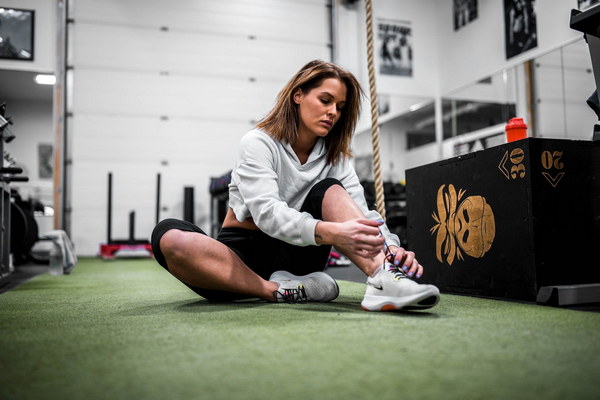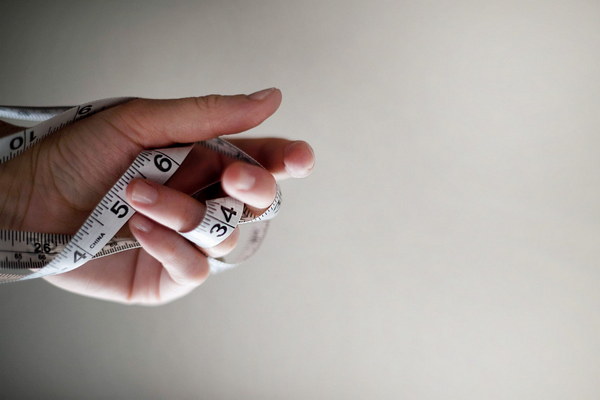Should Women Avoid Alcohol While Exercising for Fitness
Introduction:
Fitness has become a crucial part of modern life, and more women than ever are taking up exercise routines to improve their physical and mental well-being. With this growing trend, questions about dietary habits and alcohol consumption have emerged. One such question is whether women should avoid alcohol while engaging in fitness activities. In this article, we will explore the potential impact of alcohol consumption on women's fitness journey and provide some insights to help make informed decisions.
I. The Role of Alcohol in the Body:
Before delving into the effects of alcohol on fitness, it is essential to understand how alcohol affects the body. Alcohol is a diuretic, which means it increases urine production and can lead to dehydration. Additionally, alcohol can interfere with the body's ability to absorb nutrients, including vitamins and minerals necessary for recovery and muscle repair after exercise.
II. Alcohol and Dehydration:
Dehydration can have a significant impact on physical performance and recovery. When you consume alcohol, your body's hydration levels can drop, leading to reduced energy, decreased endurance, and slower recovery times. This can hinder your fitness goals and prevent you from reaching your full potential in the gym or during your workouts.
III. Alcohol and Nutrient Absorption:
As mentioned earlier, alcohol can interfere with the absorption of nutrients. This is particularly concerning for women who are trying to build muscle or maintain a healthy weight. Without adequate nutrient absorption, your body may struggle to repair and build muscle tissue, leading to slower progress and potential muscle loss.
IV. Alcohol and Caloric Intake:

Many women are aware that alcohol contains empty calories, which can contribute to weight gain. While some may believe that having a few drinks while exercising can help burn extra calories, the reality is that alcohol can disrupt your metabolism and lead to fat storage instead. This can make it challenging to achieve your fitness goals, especially if you are aiming for weight loss or muscle gain.
V. Alcohol and Sleep Quality:
Sleep is crucial for recovery and muscle growth. Alcohol consumption can lead to poor sleep quality, as it disrupts the sleep cycle and prevents deep, restorative sleep. This can further hinder your fitness progress and increase the risk of injury due to decreased muscle coordination and reaction times.
VI. Alcohol and Hormonal Balance:
For women, hormonal balance plays a significant role in fitness and overall health. Alcohol can disrupt hormonal balance, leading to issues such as irregular menstrual cycles and decreased fertility. This can have a negative impact on women's fitness goals and overall well-being.
Conclusion:
In conclusion, while occasional alcohol consumption may not have severe consequences for everyone, it is advisable for women to avoid alcohol while engaging in fitness activities. The potential risks of dehydration, nutrient absorption issues, weight gain, poor sleep quality, and hormonal imbalances can hinder your progress and overall health. By focusing on a balanced diet and adequate hydration, you can optimize your fitness journey and achieve your goals more effectively. Remember, moderation is key, and it's always best to consult with a healthcare professional or a fitness expert when making dietary and lifestyle choices.









